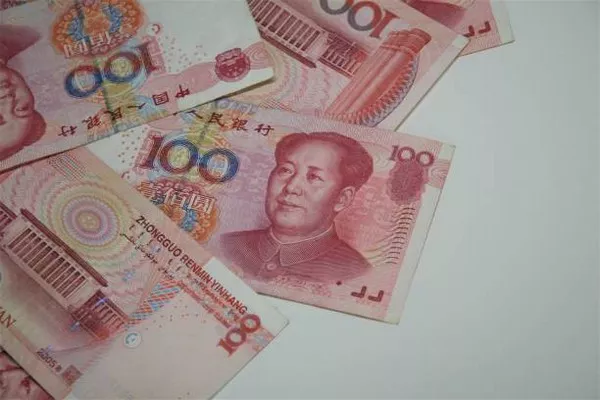China, as one of the world’s economic powerhouses, has garnered attention for its approach to managing its currency, the renminbi (RMB). Ensuring the stability of the currency is crucial for both domestic and international economic interests. In this article, we will delve into the various mechanisms and strategies employed by China to fix and manage its currency.
Managed Float System:
China operates under a managed floating exchange rate system, where the value of the RMB is influenced by market forces but is also subject to government intervention when necessary. The People’s Bank of China (PBOC), the country’s central bank, plays a pivotal role in maintaining the stability of the currency.
Currency Basket and Exchange Rate Policy:
The PBOC references a basket of currencies when determining the RMB’s value, rather than pegging it to a single currency like the U.S. dollar. This strategy allows China to diversify its risk and reduce dependency on any particular currency, contributing to a more stable exchange rate.
Market Forces Influence:
While the managed floating system allows for flexibility, market forces still influence the RMB’s value. The exchange rate is determined through the interplay of supply and demand, reflecting economic fundamentals such as inflation, interest rates, and trade balances. China allows the market to play a role in shaping the currency’s value, contributing to a more realistic and dynamic exchange rate.
Intervention Mechanisms:
To prevent excessive volatility and maintain stability, the Chinese government occasionally intervenes in the foreign exchange market. The PBOC may buy or sell its own currency to influence its value. By doing so, China can mitigate abrupt fluctuations and maintain a controlled trajectory for the RMB.
Currency Reserves:
China has accumulated a substantial amount of foreign exchange reserves, primarily in U.S. dollars. These reserves act as a buffer, allowing the country to intervene in the foreign exchange market effectively. The ample reserves provide a safety net against external shocks and allow China to manage its currency with a long-term perspective.
Gradual Liberalization of Capital Controls:
In recent years, China has taken steps toward liberalizing its capital controls. This involves easing restrictions on cross-border capital flows, making the RMB more accessible to international markets. As capital controls are gradually relaxed, the RMB’s value becomes increasingly influenced by global market dynamics.
Bilateral Agreements and Trade Settlement in RMB:
China has actively pursued bilateral agreements with other countries to settle trade transactions in RMB. By encouraging the use of its own currency in international trade, China aims to enhance the global standing of the RMB and reduce reliance on the U.S. dollar. This strategy contributes to a more diversified and robust global financial system.
Monitoring Speculative Activities:
To counter speculative activities that may impact the RMB’s stability, Chinese authorities closely monitor and regulate the foreign exchange market. By identifying and addressing potential risks promptly, China can maintain a controlled and stable currency environment.
Economic Reforms:
China’s ongoing economic reforms, including the shift towards a consumption-driven economy, contribute to the overall stability of the RMB. As the country diversifies its economic structure, it becomes less susceptible to external shocks, fostering confidence in the stability of its currency.
See Also What Backs The Chinese Currency?
Conclusion:
China’s approach to managing its currency reflects a delicate balance between market forces and government intervention. The managed floating exchange rate system, coupled with strategic interventions and economic reforms, allows China to maintain stability in the value of the RMB. As the global economic landscape evolves, China’s commitment to a stable currency remains a cornerstone of its economic policy, influencing both domestic and international financial markets.


